
Summer’s here! Even though some of those summer plans may have changed, that doesn’t mean you can’t grab a good book and spend your free time reading away! In addition to novels and guilty-pleasures, consider reading some of these works too. From recent publications to timeless must-reads, all of these will help inspire you to reach key goals and improve your accounting craft. Enjoy some additions to our new top 9 summer reading books for accountants!

1. Accounting Made Simple – Accounting Explained in 100 pages or Less– Mike Piper
Mike Piper’s book makes things straight and simple with practical, straightforward examples shedding light on accounting concepts without unnecessary jargon or technicalities. Some of the basic topics covered are:
- Accounting equation and its significance,
- Reading and preparing financial statements,
- Calculations,
- Interpretation of several different financial ratios, the concepts, and assumptions behind the GAAP.
This book gives readers a fast and systematic introduction to accounting and is often used by business owners and students to prepare for their accounting classes.
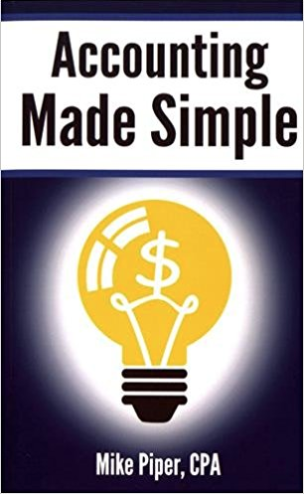
2.Warren Buffett Accounting: Reading Financial Statements for Value Investing Buffett Book Edition – Stig Brodersen and Preston Pysh
This ranks in as one of Warren Buffett’s top three favorite books. Warren Buffett’s style of investing starts with fundamental analysis before it moves onto pure accounting research. This is the book aimed at enlightening investing professionals who have just stepped their foot into this industry. There is no beating around the bush or unnecessary examples which will bog you down, you instantly grasp the basic requirements to successfully analyze financial statements. It’s a textbook on investing that every accountant should invest in for his successful career in this profession.
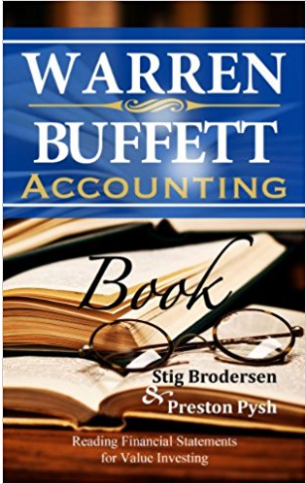
3.The Success Principles – Jack Canfield
Our summer reading for accountants list continues with Jack Canfield’s detailed study of the principles people use to achieve their goals. Many business-leadership books outline their own set of tips and ideas, but Canfield’s book does this through the art of storytelling. While discussing the different principles, readers see them in action through the lives of actual people who Canfield has interviewed or examined in detail. This is an uplifting piece that’s empowering and practical for every individual.
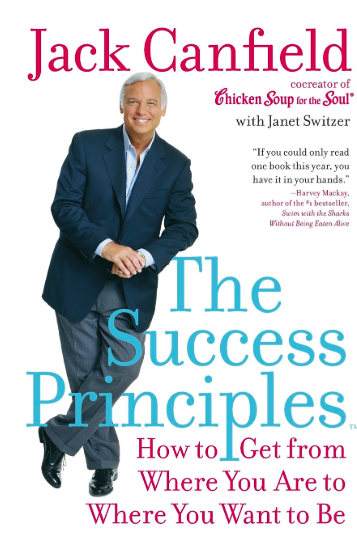
4. The E-Myth Revisited – Michael E. Gerber
Many accountants are finding work for small businesses. Therefore, knowing how to effectively manage small business finances and advise your colleagues gives you a major advantage. In E-Myth, Michael E. Gerber takes an in-depth look at the lifecycle of small businesses and how to navigate pitfalls. He also discusses how common assumptions can derail businesses and examines the growing pains of a developing organization. Referenced by top business thought-leaders like Forbes, the book is a highly regarded text for its take on pinpointing business risks. Accountants will gain invaluable insight to help them provide the best financial advice and strategies.
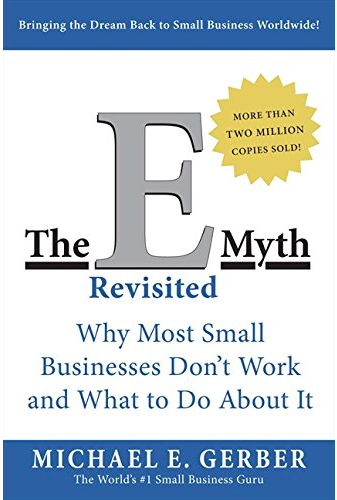
5. How to Work With Jerks – Eric L. Williamson
Dealing with difficult people is often a part of the job and life. How to Work with Jerks takes a look at this problem and seeks to guide people in navigating frustrating relationships and conflicts in a productive way. Eric L. Williamson delves into communication strategies and offers proven insight into how individuals can make themselves more marketable. From overcoming tensions to connecting with colleagues to solve problems, this book helps you develop emotional intelligence to thrive in any environment.

6. Financial Shenanigans: How to Detect Accounting Gimmicks & Fraud in Financial Reports – Howard Schilit and Jeremy Perler
One of the most vital roles an accountant has is protecting companies from fraudulent financial activities. With their combined forensic accounting skills, Schilit and Perler examine how to identify dishonest business behavior that could cause serious harm to a company. The book delves into several different ‘shenanigans’ businesses face. These include earnings manipulation, misleading key metrics schemes, and even cash flow deceit. You’ll read about accounting tricks used by false businesses and learn how to avoid financial loss.

7. How to Develop Self Confidence and Improve Public Speaking – Dale Carnegie
If you’re an accountant, being able to present information effectively is essential for delivering financial advice and strategy. Whether you’re a seasoned CPA or just starting your accounting career, this will improve how you communicate. Business coach Dale Carnegie gives tips to help you develop speaking poise, present information clearer, engage your audience, and more. Besides helping you with financial reporting, this is an invaluable skill for everything you do in life.
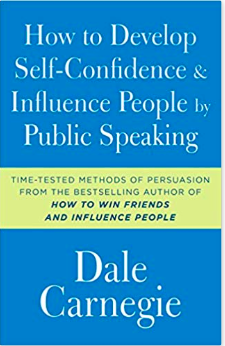
8. Simple Numbers, Straight Talk, Big Profits!: 4 Keys to Unlock Your Business Potential – Greg Crabtree and Beverly Blair Harzog
A good reading companion to Improve Public Speaking, Simple Numbers by Greg Crabtree and Beverly Blair Harzog helps small business leaders and accountants identify essential financial performance indicators. You’ll explore how to actively measure return on investment and uncover the keys to business financial success that might surprise you! The book also covers how to make the best business decisions.
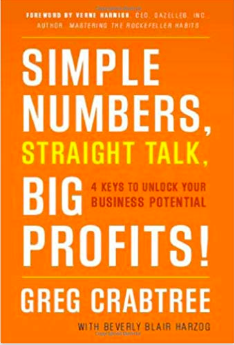
9. Start with Why: How Great Leaders Inspire Everyone to Take Action – Simon Sinek
Simon Sinek’s analysis of leadership is a popular read among entrepreneurs and influencers. As you seek to expand your career opportunities and rise to take on more responsibility, the lessons here will help you maximize your reach. Examining individuals like Steve Jobs, Dr. Martin Luther King Jr, and others, Sinek examines the fact that they all asked the question why. Applying this concept to finances will help you understand and use accounting data effectively. These lessons will also help you build confidence, inspire loyalty, and lead more effectively.
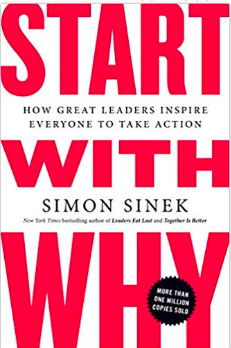
See Accounting Seed in action
Get a close-up view of how accounting on Salesforce can eliminate the need for costly integrations—and silos of mismatched information—by sharing the same database as your CRM.


